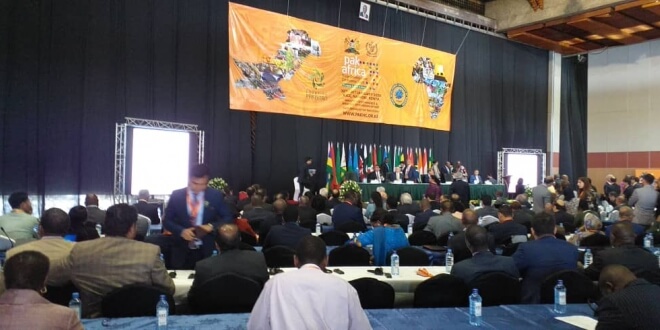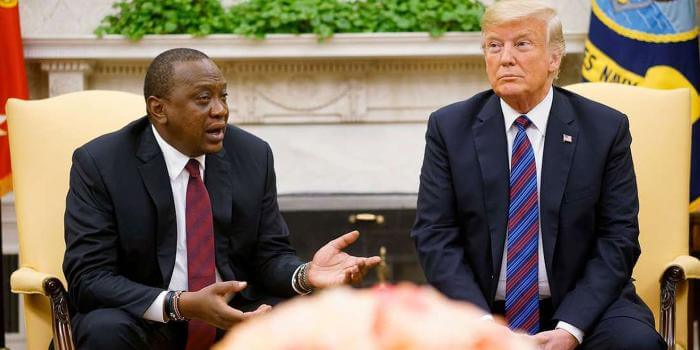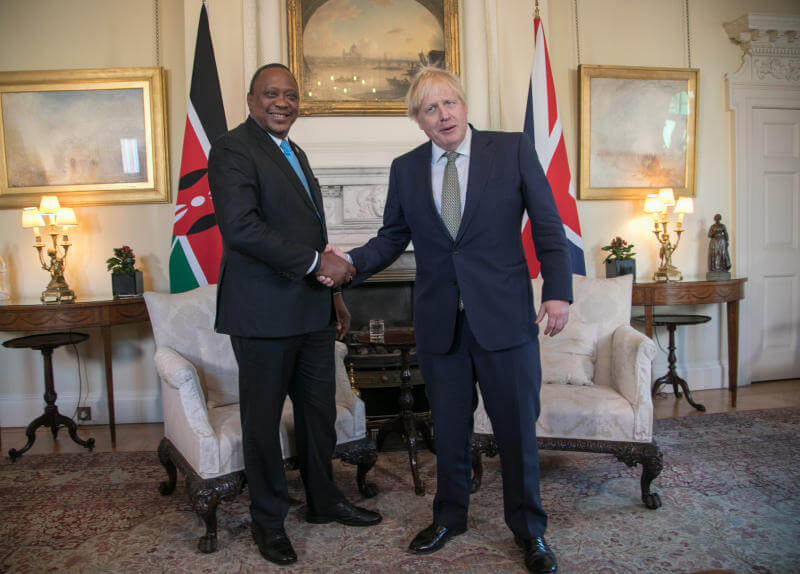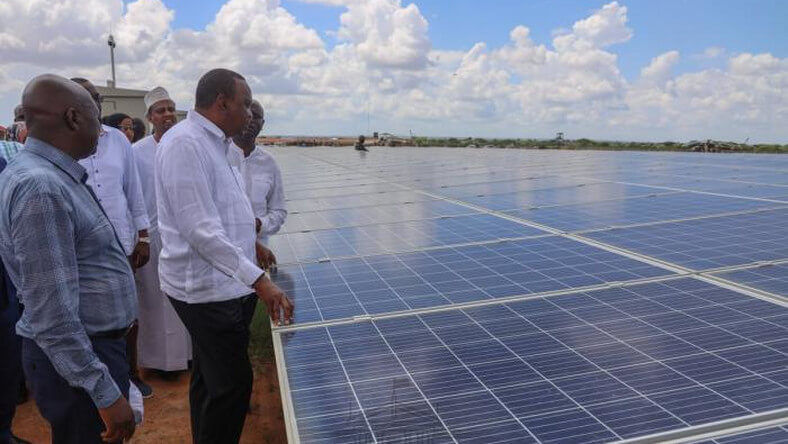The African Union-led agreement is designed to establish the world’s biggest free-trade zone by area, encompassing a combined economy of $2.5-trillion A truck and trailer drives into a Beitbridge customs and immigration control point on the SA border with Zimbabwe. Picture: REUTERS Nyoni Nsukuzimbi drives his 40-tonne Freightliner for just more than half a day from Johannesburg to the Beitbridge border post with Zimbabwe. At the frontier town — little more than a petrol station and a KFC — he sits in a line for two to three days, in temperatures reaching 40°C, waiting for his documents to be processed. That’s only the start of a journey Nsukuzimbi makes maybe twice a month. Driving 885km farther north gets him to the Chirundu border post on the Zambian frontier. There, starting at a bridge across the Zambezi River, trucks snake back miles into the bush. “There’s no water, there’s no toilets, there are lions,” says the Zimbabwean. He leans out of the Freightliner’s cab over the hot asphalt, wearing a white T-shirt and a weary expression. “It’s terrible.” By the time he gets his load of tiny plastic beads — the kind used in many manufacturing processes — to a factory on the outskirts of Zambia’s capital, Lusaka, he’s been on the road for as many as 10 days to traverse just 1,600km. Nsukuzimbi’s trials are typical of truck drivers across Africa, where border bureaucracy, corrupt officials seeking bribes, and myriad regulations that vary from country to country have stymied attempts...
AfCFTA faces an uphill struggle to spread the gospel of trade on the continent
Posted on: February 3, 2020
Posted on: February 3, 2020






















